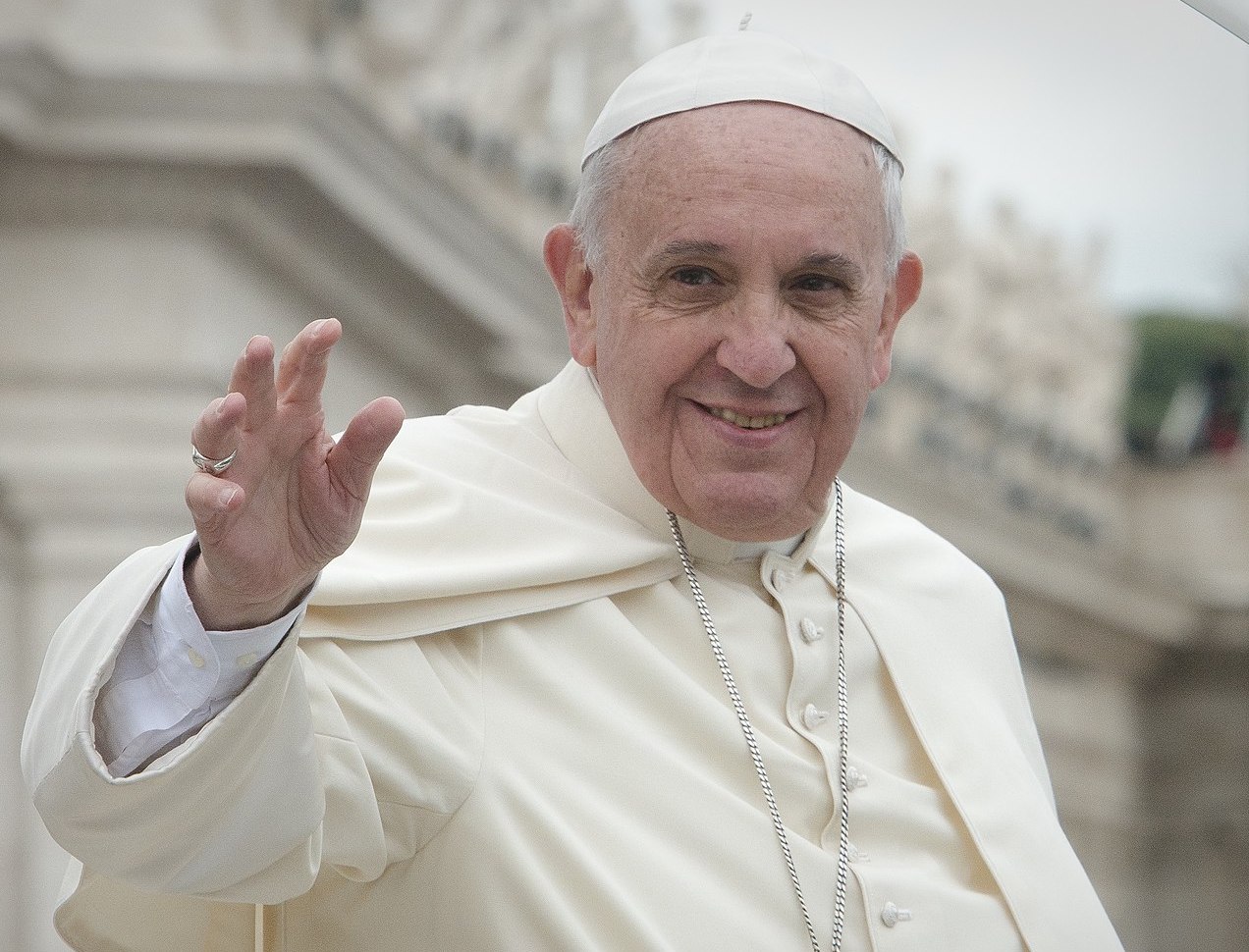 Culture & Ethics
Culture & Ethics
 Evolution
Evolution
 Faith & Science
Faith & Science
 Intelligent Design
Intelligent Design
Pope Francis, Evolution and the Curia

Among the many investigations attempted into the mind and heart of Pope Francis (formerly Cardinal Jorge Mario Bergoglio), few will be as incisive as that of George Weigel today at National Review Online. Weigel, the official biographer of John Paul II and a senior fellow at the Ethics and Public Policy Center in Washington, DC, is well acquainted with Vatican City and the leadership of the worldwide Catholic Church. He didn’t predict the selection of the new pope, but he has interviewed him and knows a lot more about his background than probably any other American observer of the Vatican (at least). His analysis is well worth considering. I have not yet read George’s new book, Evangelical Catholicism: Deep Reform in the 21st Century Church, but it certainly is timely.
Pope Benedict XVI made a number of valuable reforms and left a fine legacy on several doctrinal matters. Sadly, Pope Benedict did not clean house in the Curia. On financial matters, he urged Vatican “dicasteries” (departments) to find their own funding. Inevitably, finding your own funding can lead to unfortunate compromises, as when, in 2009, the Pontifical Council on Culture ran a conference on evolution that disallowed participation by supporters of intelligent design. The reason was not a policy directive from the Pope; on the contrary, the Pope did not agree to welcome the conference, let alone speak to it. No, the reason was that the American foundation that funded the conference had made it clear to the Council staff, as a condition of the supporting grant, that intelligent design proponents would not be invited. Only when called by AP did I, representing Discovery Institute, decide to make this fact known.
Similarly, the Pontifical Academy of Sciences is “just another office down the street,” as one Vatican insider told me. In practice it does not necessarily reflect the Pope’s views. Supposedly there is a view that its membership includes atheists and others in science with whom the Church should have dialogue. However, in practice, the Academy is run by staff that is friendly to scientific materialists and hostile to many orthodox believers who are scientists. It is not just the science issues of evolution where the blind spots appear, but also other biological and personal ethical issues. Voices normally hostile to Christian faith are considered acceptable at the Academy, while scientists who also are serious Christians and hold to Church doctrine often are not.
The major media insist on looking at the Church as a political entity, which it’s not. At the same time, Vatican City is a political entity — a “government,” as has been explained to me — and the papacy does have core beliefs that impinge directly on public policy. Most of those relate directly or indirectly to the greatest challenge to Christianity today, which is not some other religion, but aggressive, evangelizing secularism. Materialism lies at the heart of this competitor philosophy (which might as well be a religion). It brooks no competition. At some point, the Church must deal with the source of the competitors’ faith, not just the symptoms of it. Pope Benedict began that process of examination, but Pope Francis still has much to do if he wants to mobilize the Church on this crucial subject.
Old-fashioned corruption clearly is going to elicit some serious attention in the Curia in coming weeks. Corruption is a danger in any big bureaucracy. So are any residual hidden inhibitions against exposing sexual misbehavior of the kind that developed two generations ago and came to light a decade ago — humiliating the Church and demoralizing many in the flock. Problems with the way the Church communicates through its newspapers and other media probably require attention. All that should be addressed. But so too should a need for greater intellectual clarity on the pseudo-scientific materialism that afflicts society as a whole, challenges the Church at a deep doctrinal level, and undermines faith, especially among the young and the educated elites.
